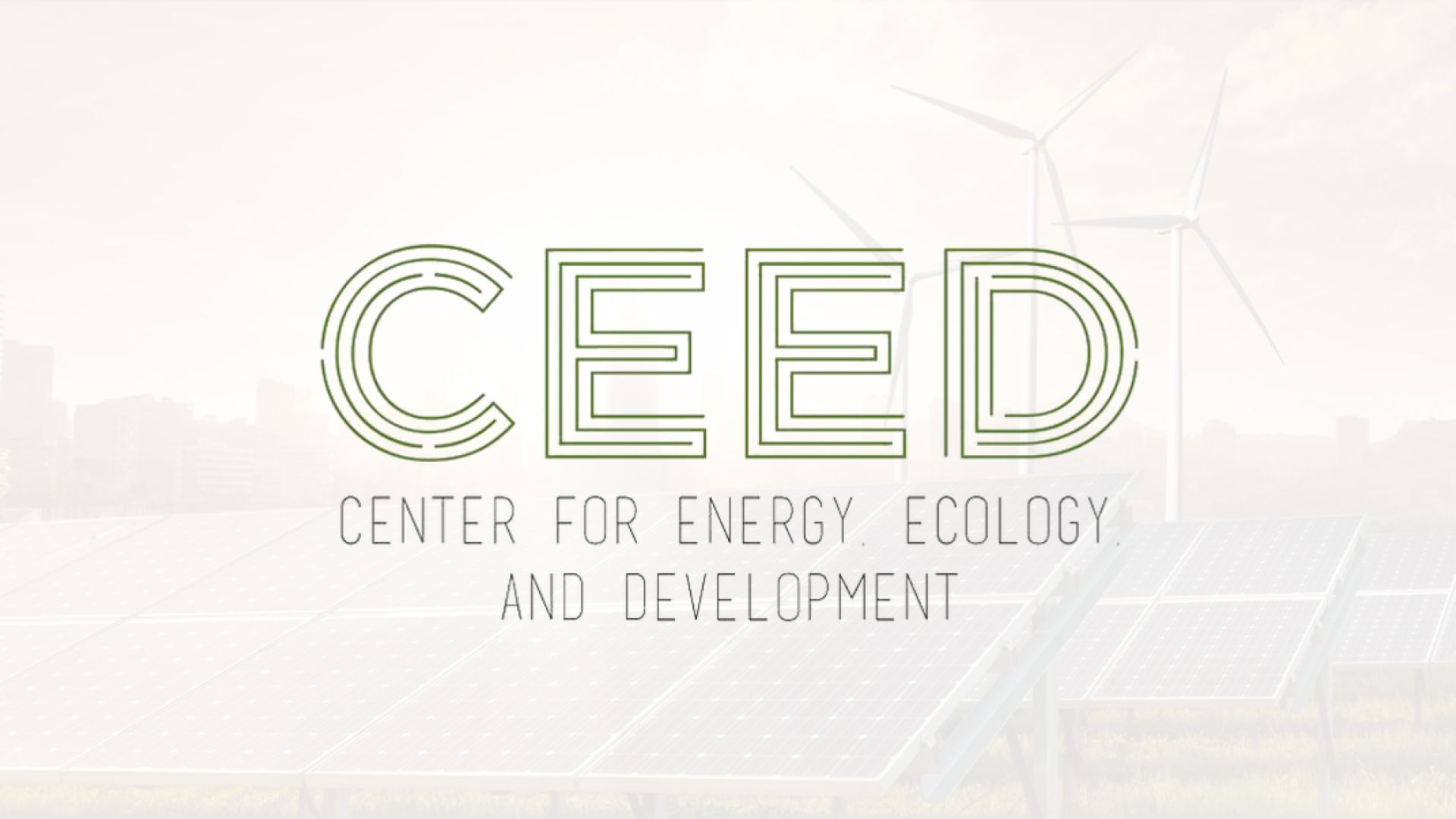CEED: Fossil fuels continue to keep pace with RE in SEA
- November 18, 2024
- 0

The Center for Energy, Ecology, and Development (CEED) says that while renewable energy (RE) is continuously extending in Southeast Asia, fossil fuels continue to keep pace.
According to CEED’s report, “Southeast Asia at a Crossroads: Deterring SEA’s Fossil Future with Renewables,” the region witnessed a rapid expansion in renewable energy (RE), reaching 70 gigawatts (GW) in capacity from 2023 to 2024, driven largely by domestic banks taking a proactive role in funding the sector.
This advancement, however, had been hampered by the risks associated with large-scale fossil fuel development.
Since the signing of the Paris Agreement, the region’s reliance on fossil fuels has grown significantly, with 87.7 GW of coal and gas power plants installed—more than double the 33.8 GW of renewable energy capacity established in the same period.
“Southeast Asia suffered severely from what is set to be the warmest year on record, and from devastating calamities even in the weeks leading up to COP29. Unfortunately, despite the region’s vulnerability to climate change and its rich renewable energy potential, massive coal and gas expansion continues in Southeast Asia,” said CEED Executive Director Gerry Arances.
The report further pointed out the uneven financial support between energy sources, noting that fossil fuels have attracted a hefty USD 142.1 billion in investments since the Paris Agreement. On the other hand, renewable energy projects have garnered significantly less, with USD 52.8 billion in funding—over 50% of which comes from local financial institutions within the region.
Furthermore, developed countries are playing a significant role in financing fossil fuels through debt, with Japan’s financial institutions contributing 23% of the region’s total funding, largely via the Japan Bank for International Cooperation (JBIC).
“As the climate talks unfold, the Philippines is being battered by a series of devastating storms. An urgent transition away from fossil fuels is necessary to strengthen our region’s climate resilience, avert even more catastrophic climate change, and ensure the climate survival of our people,” Arances added.